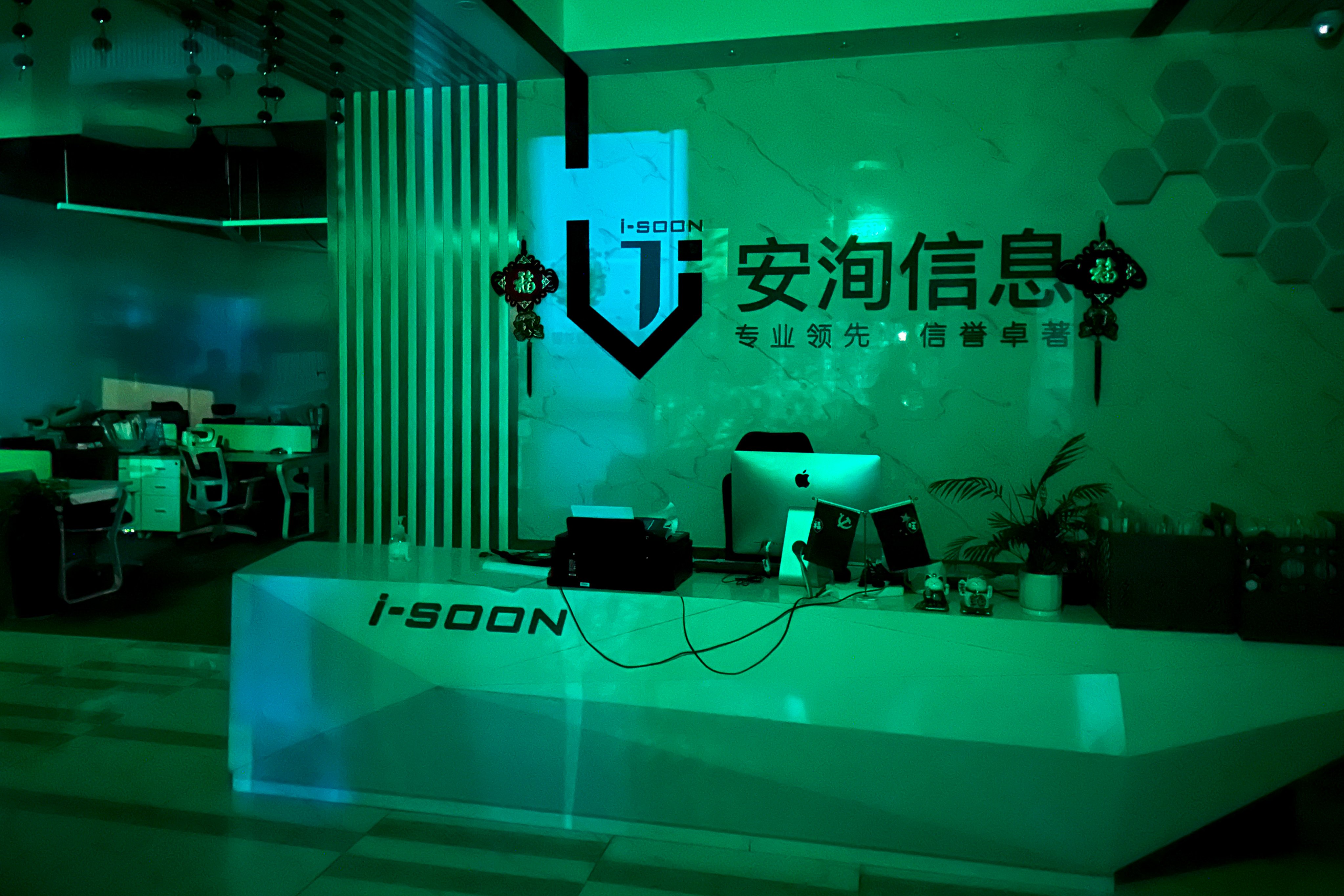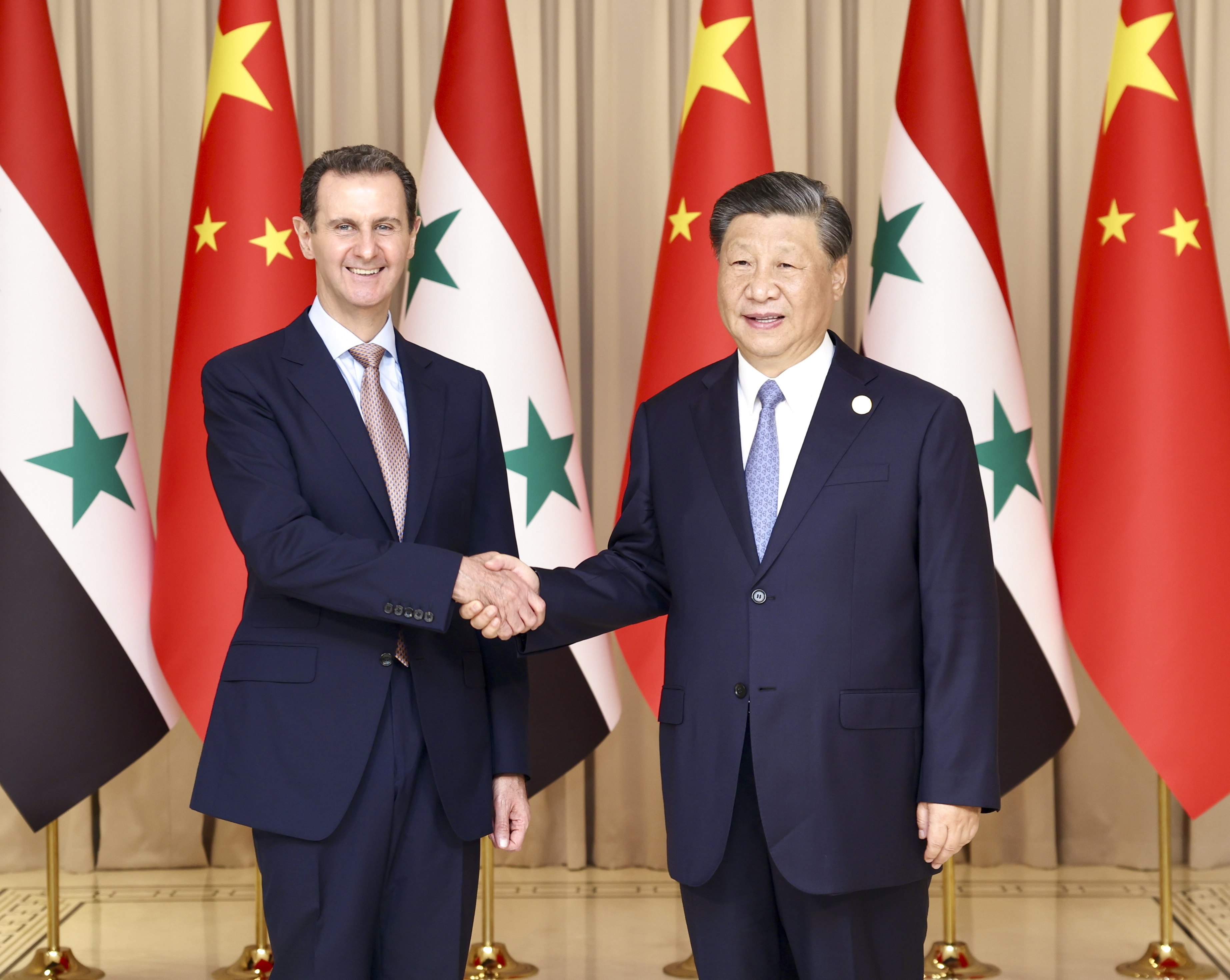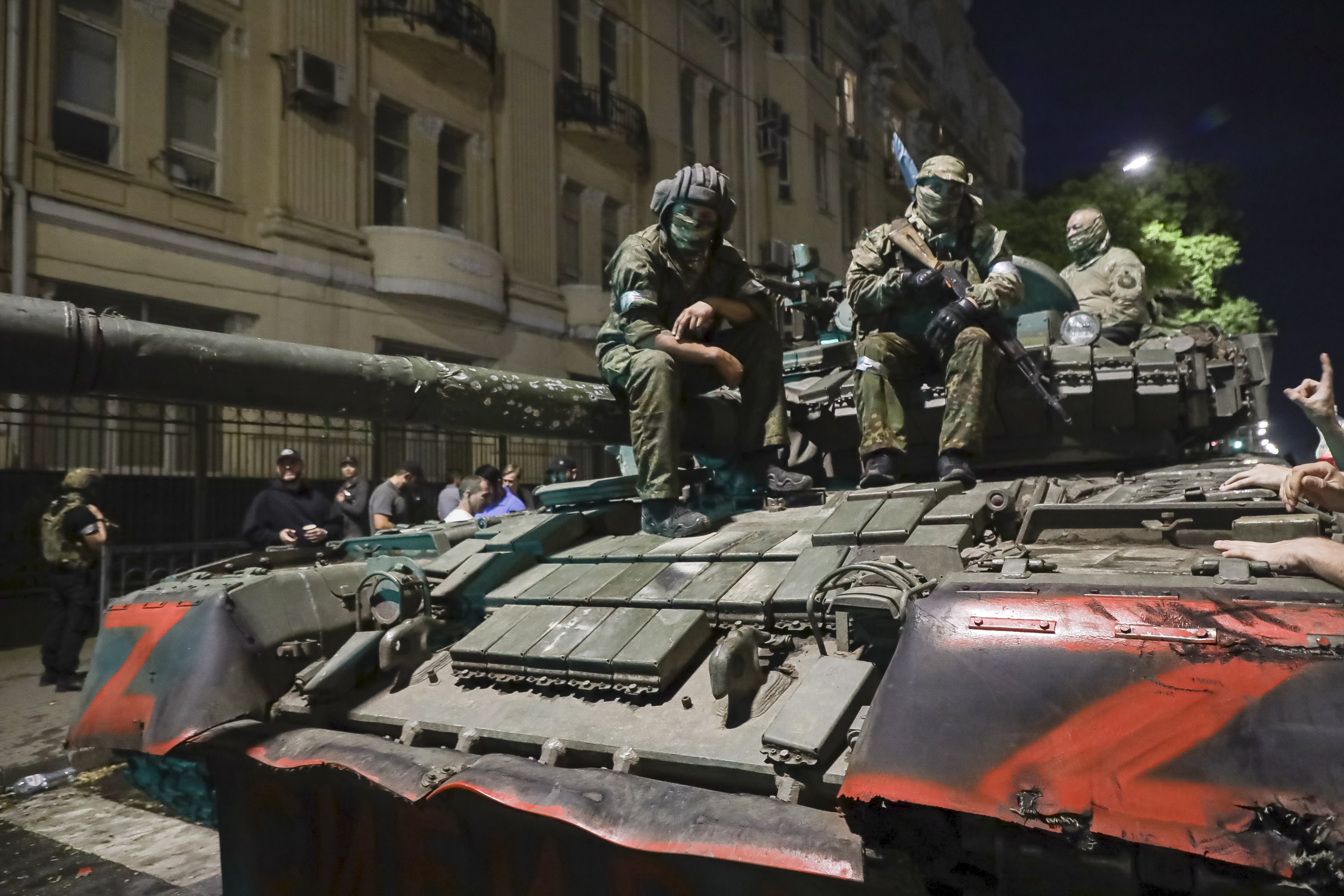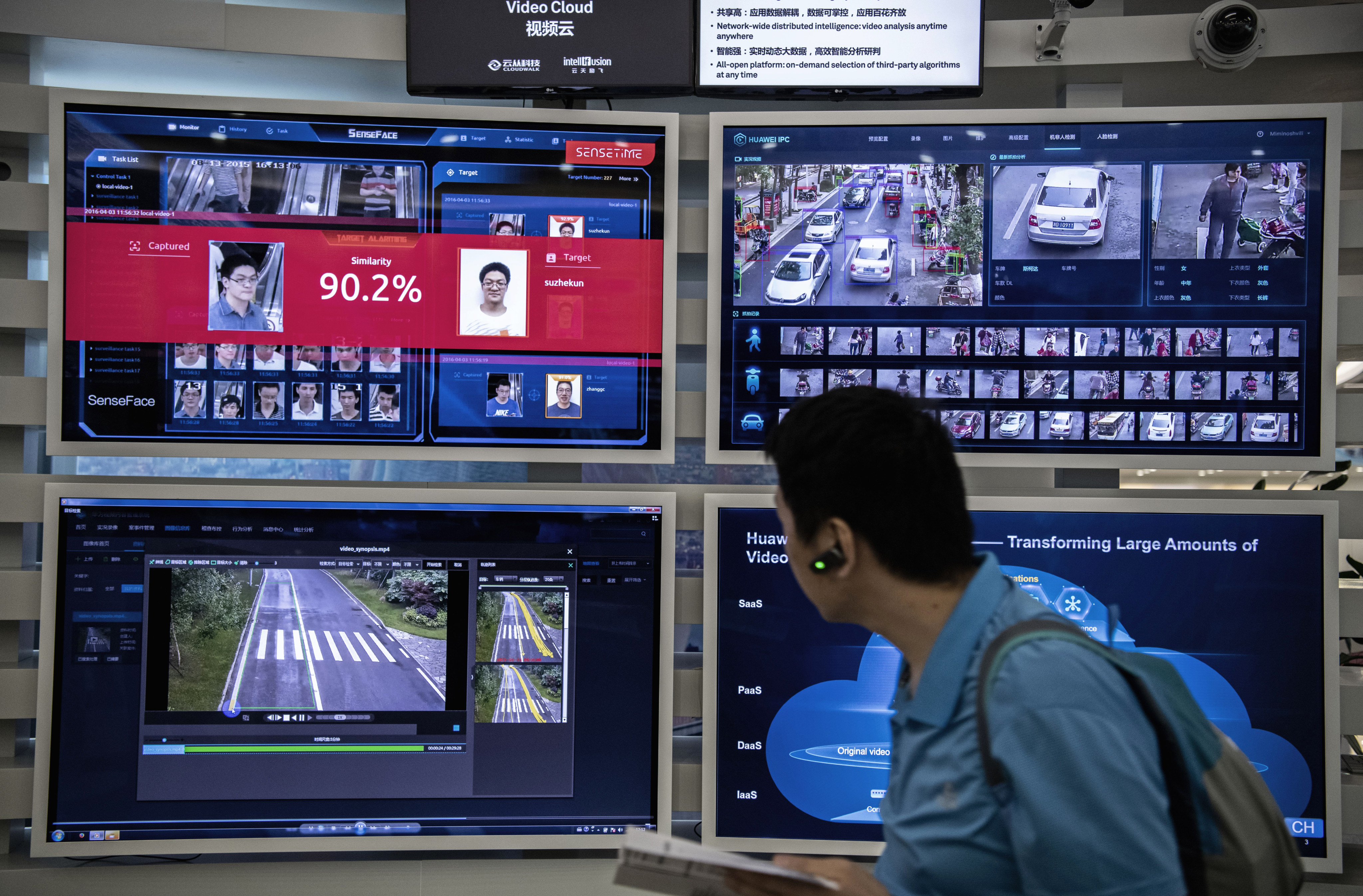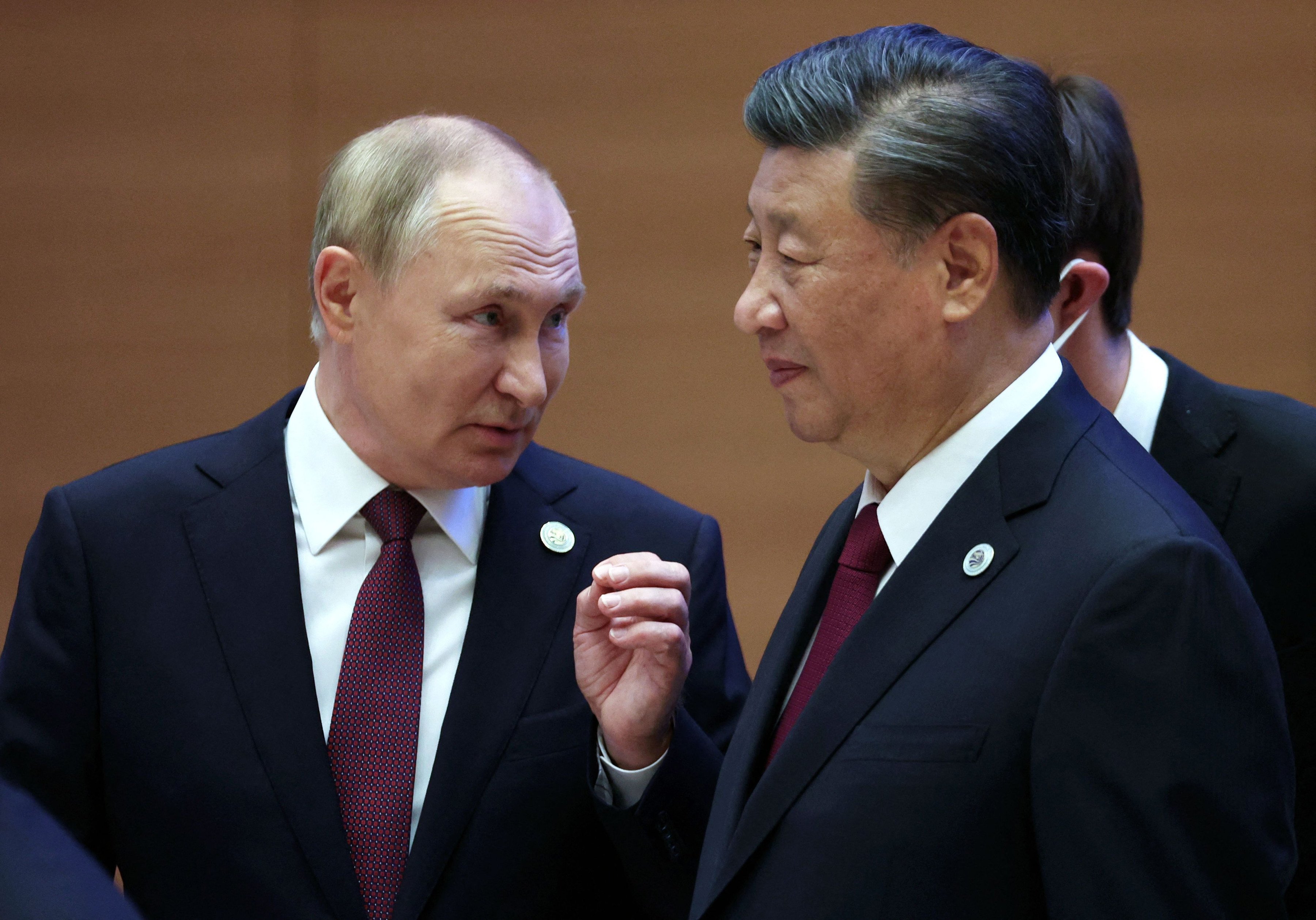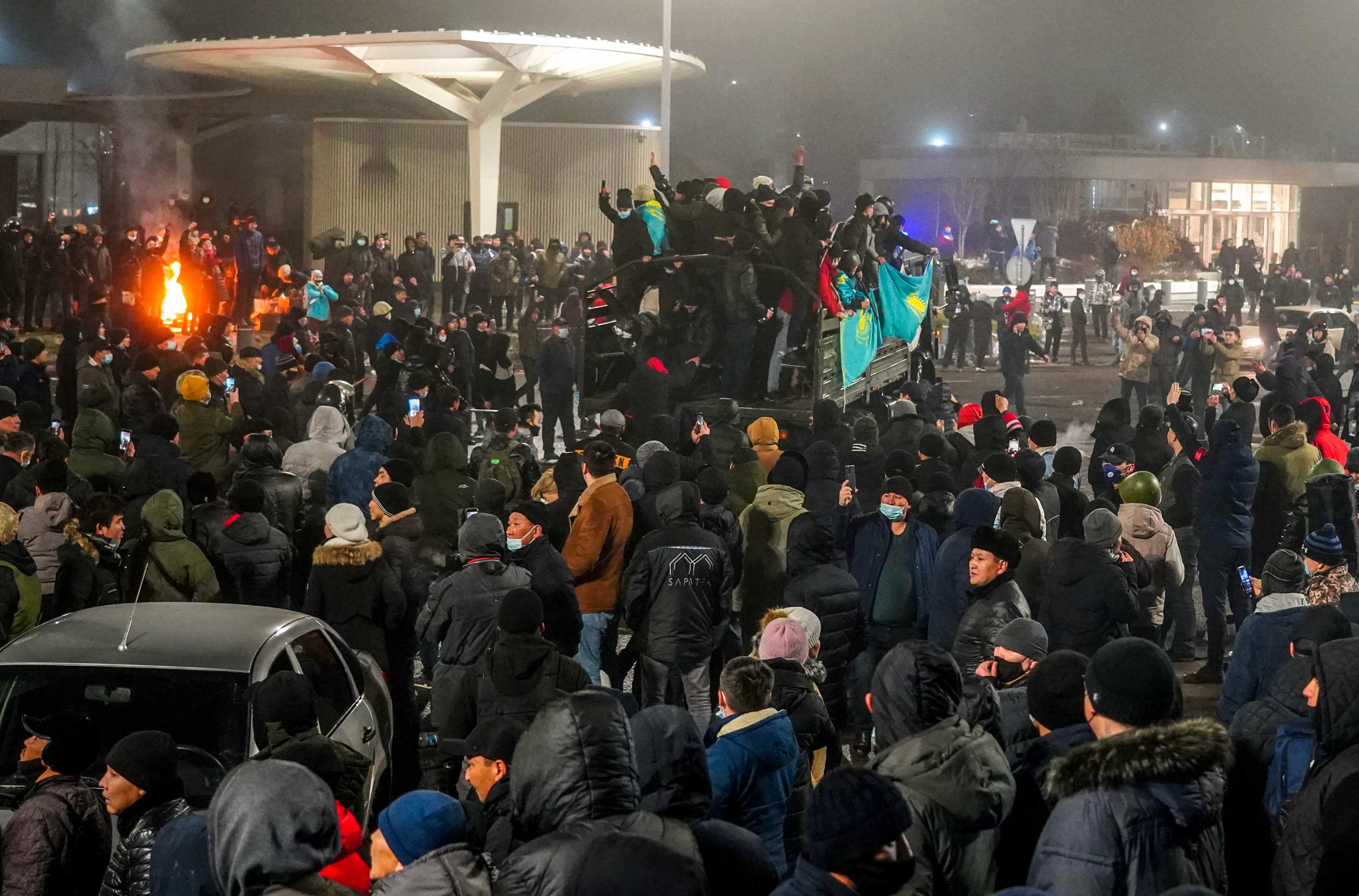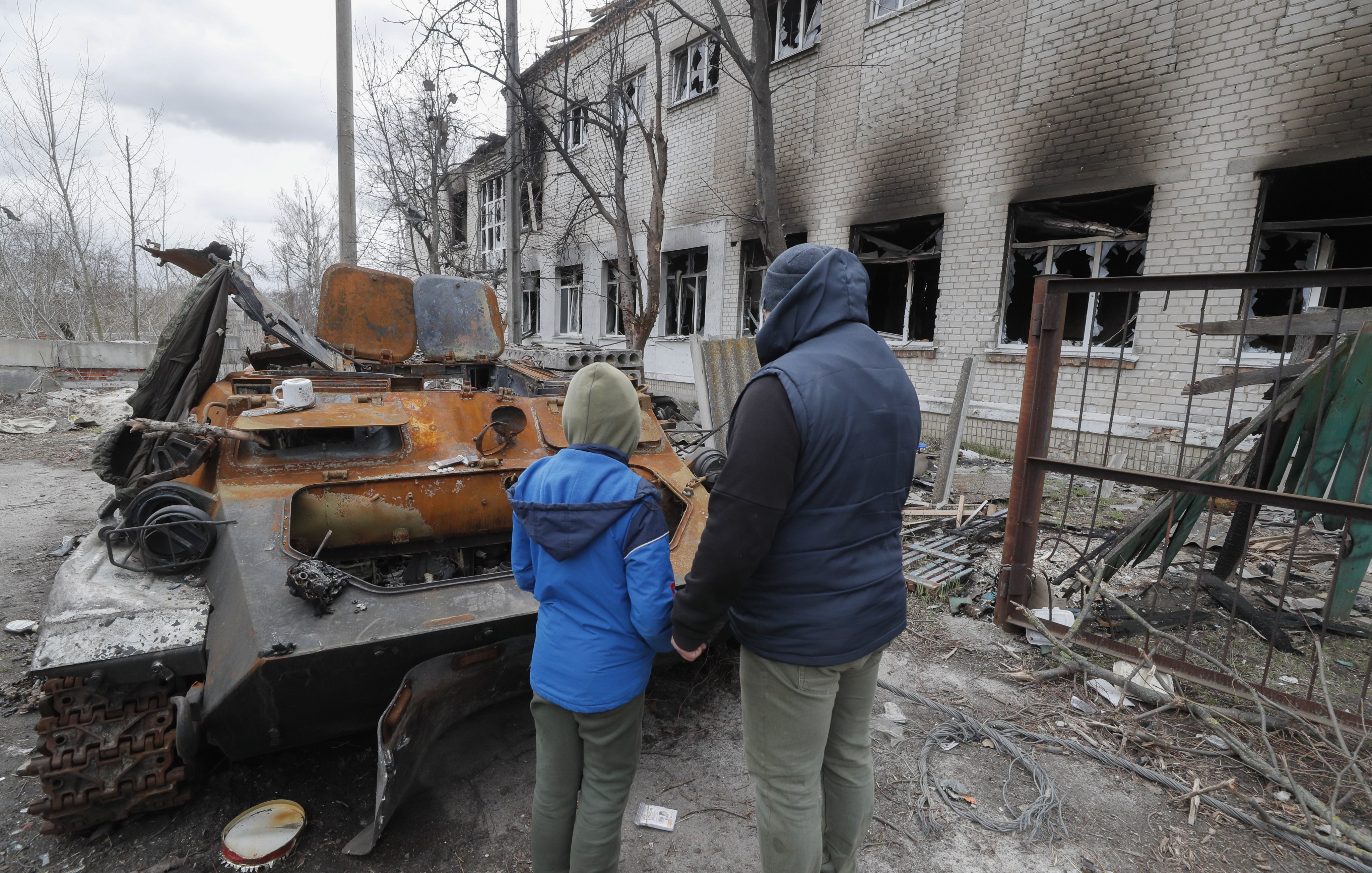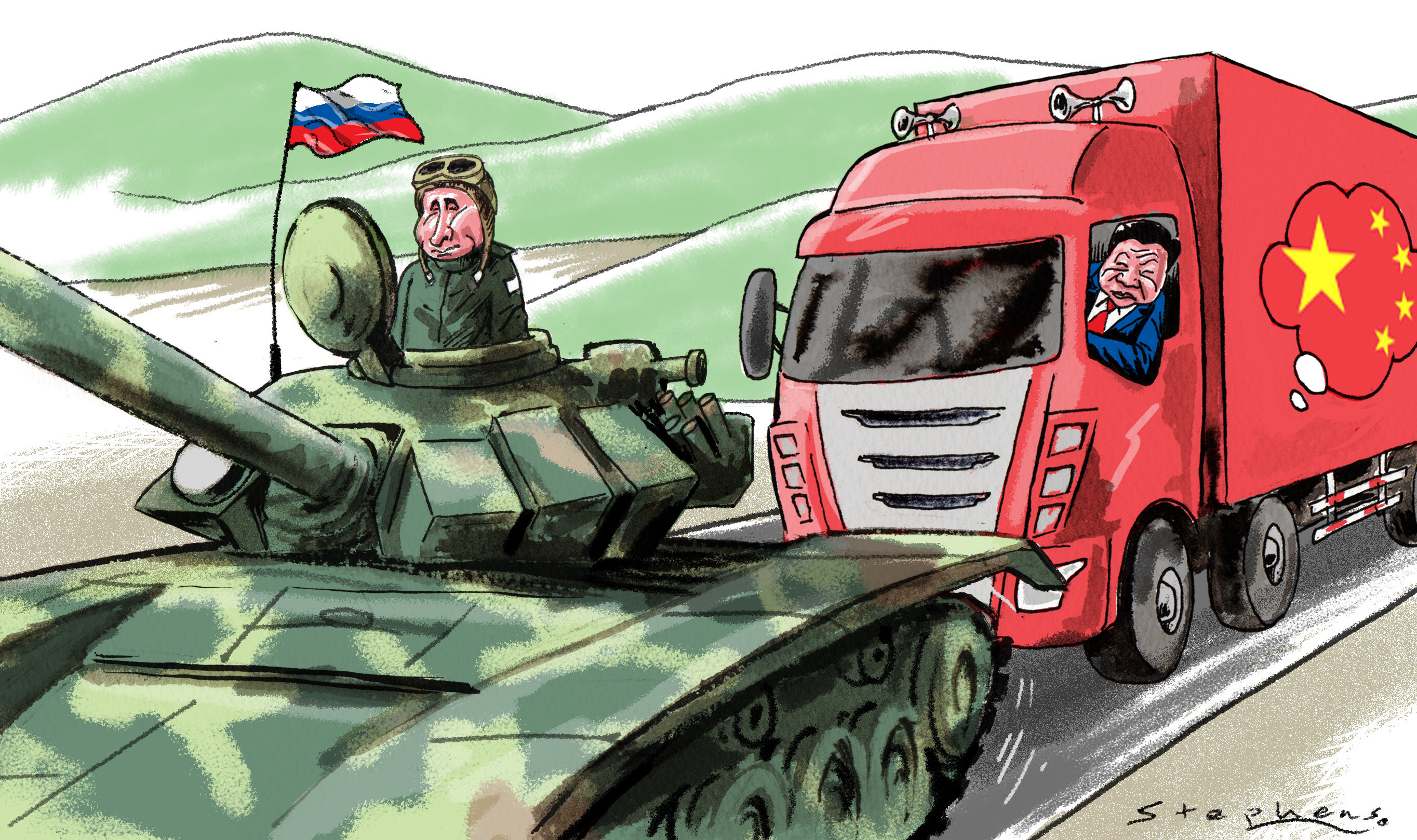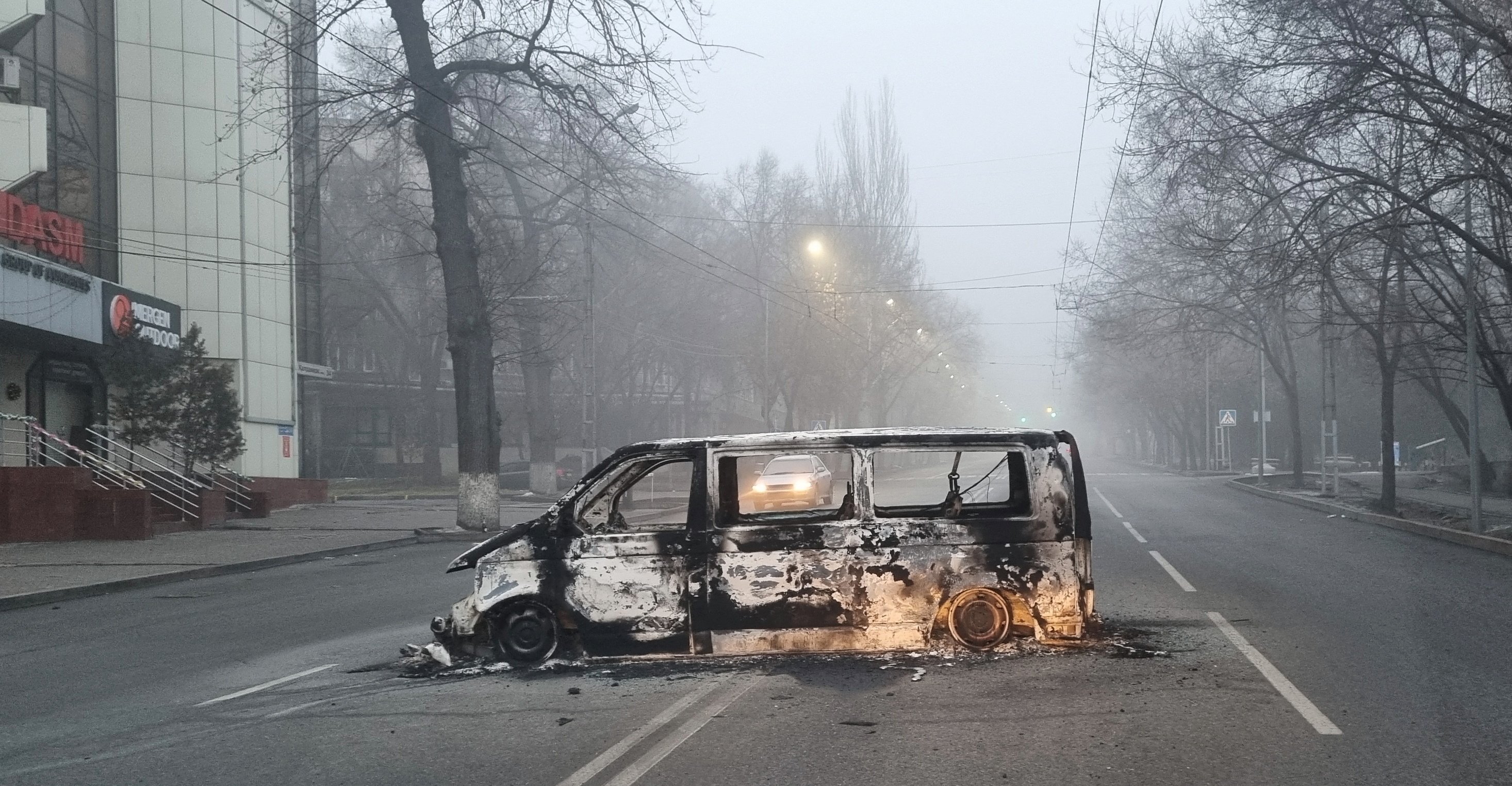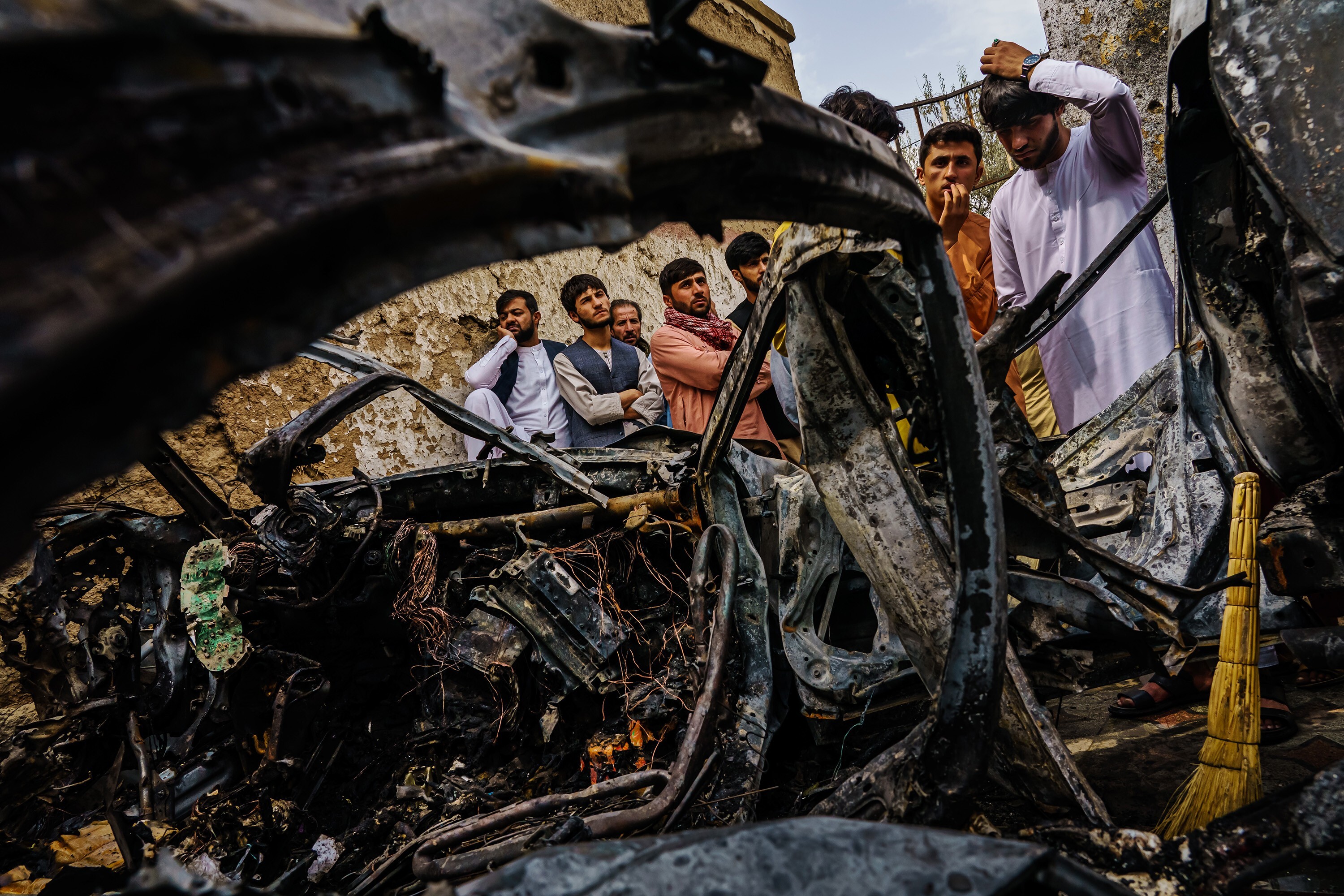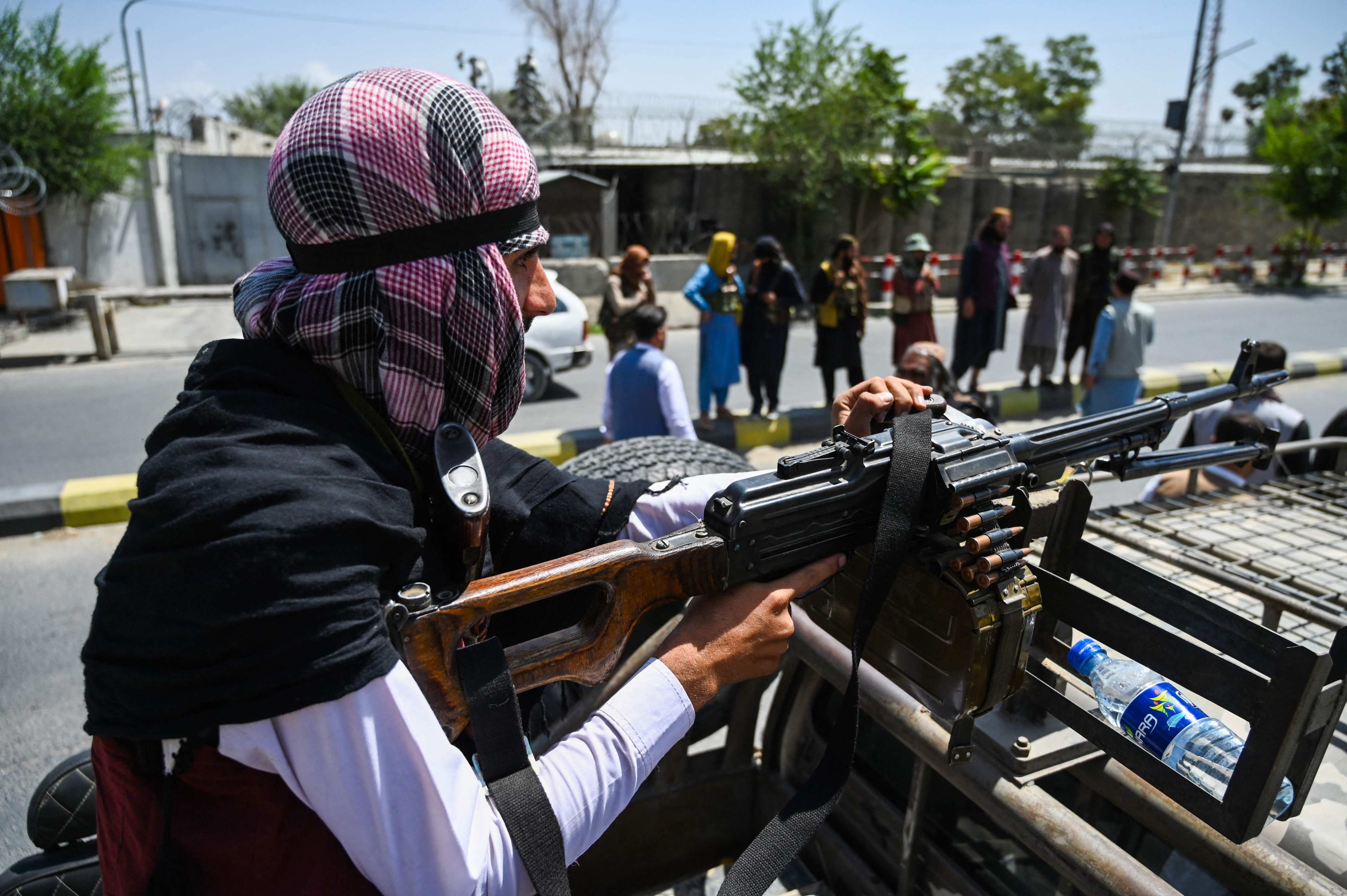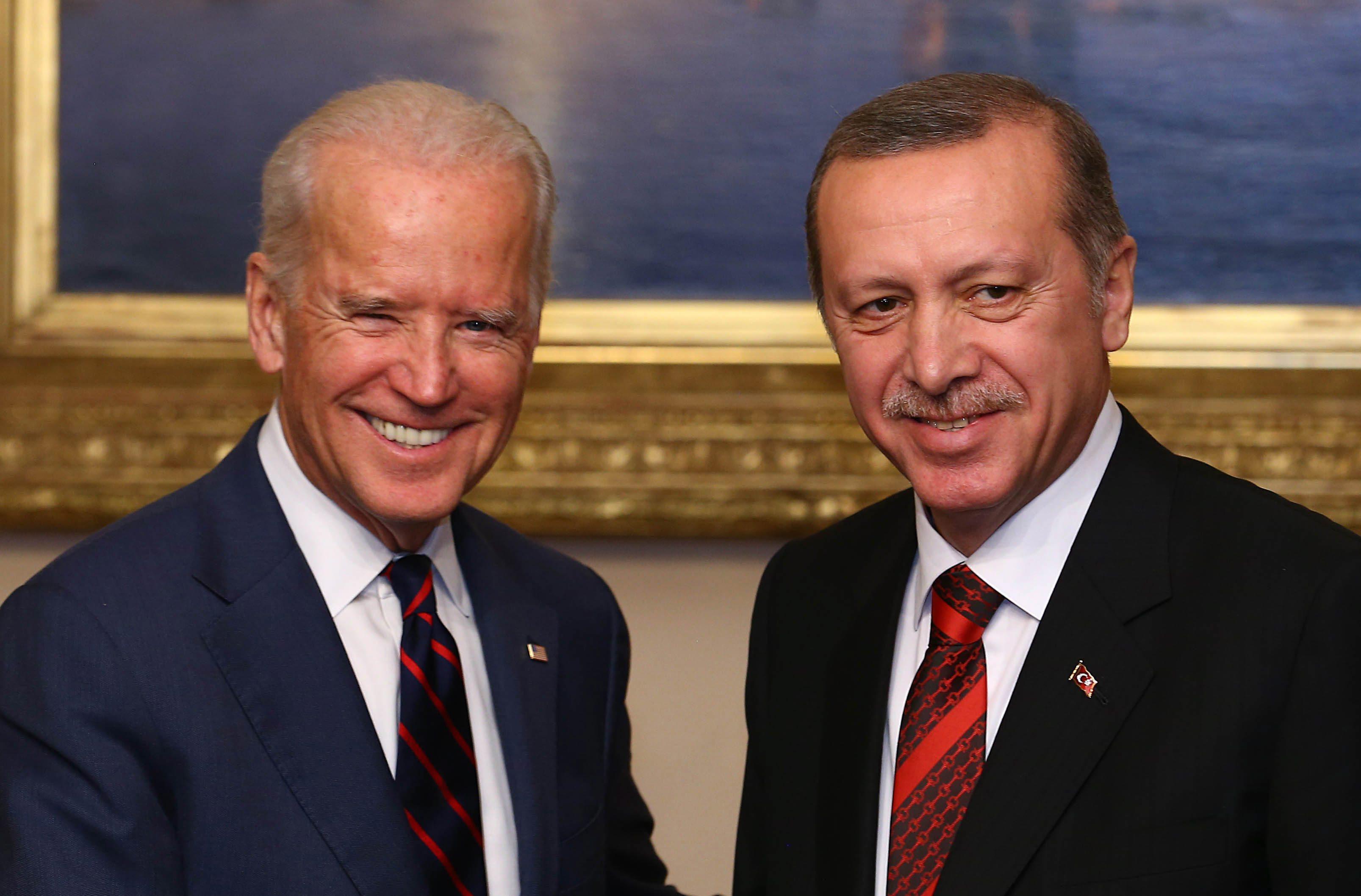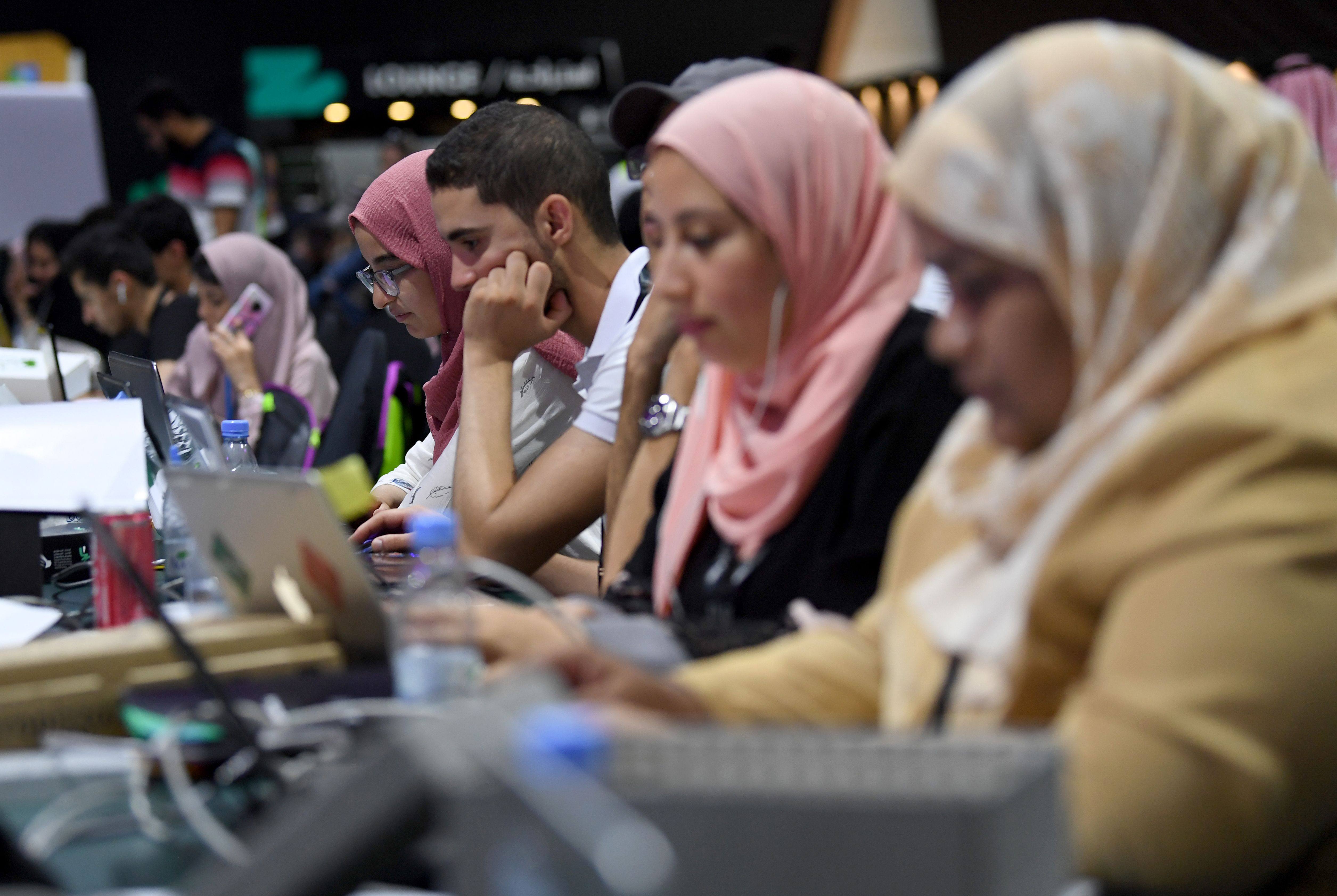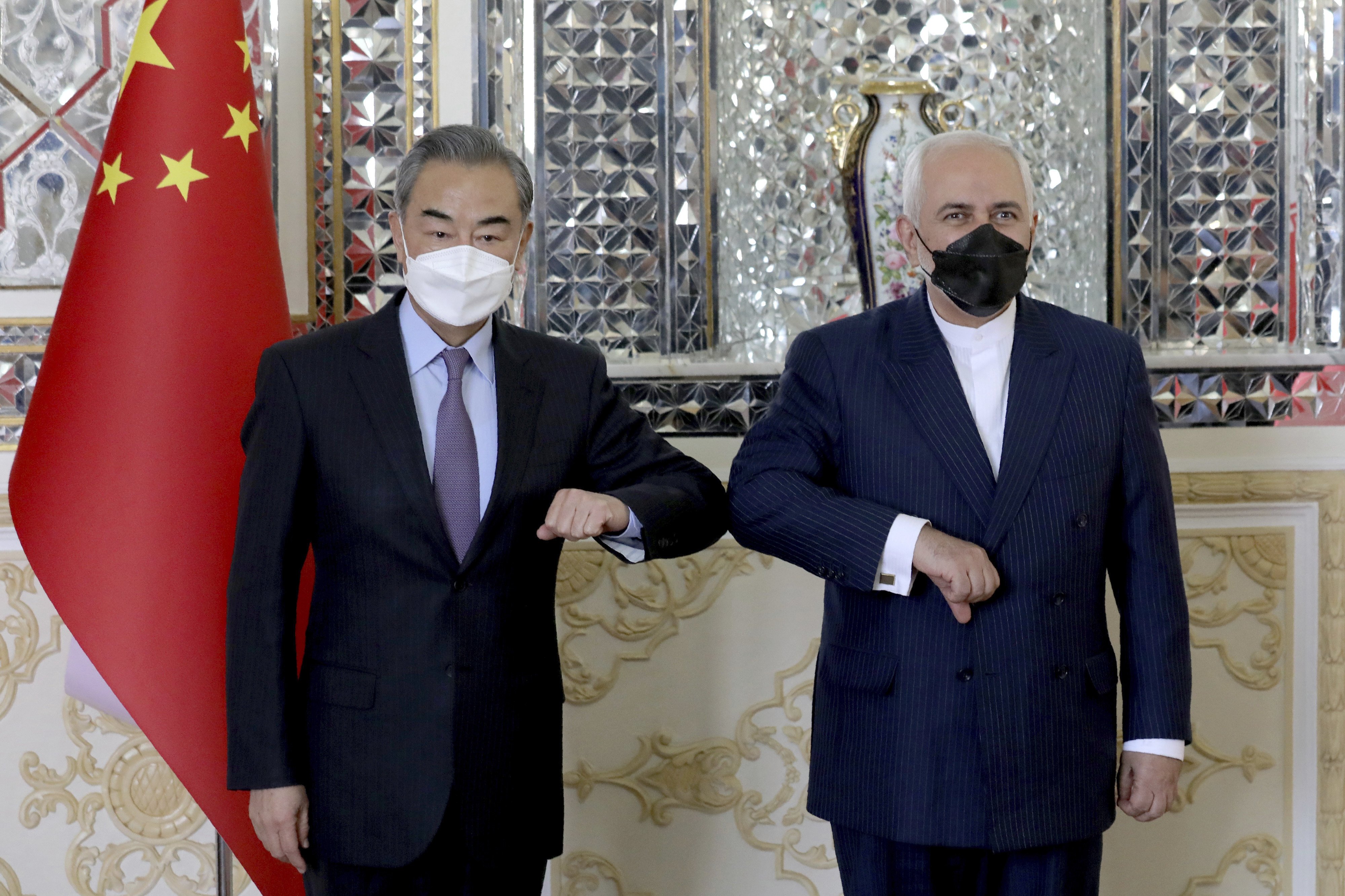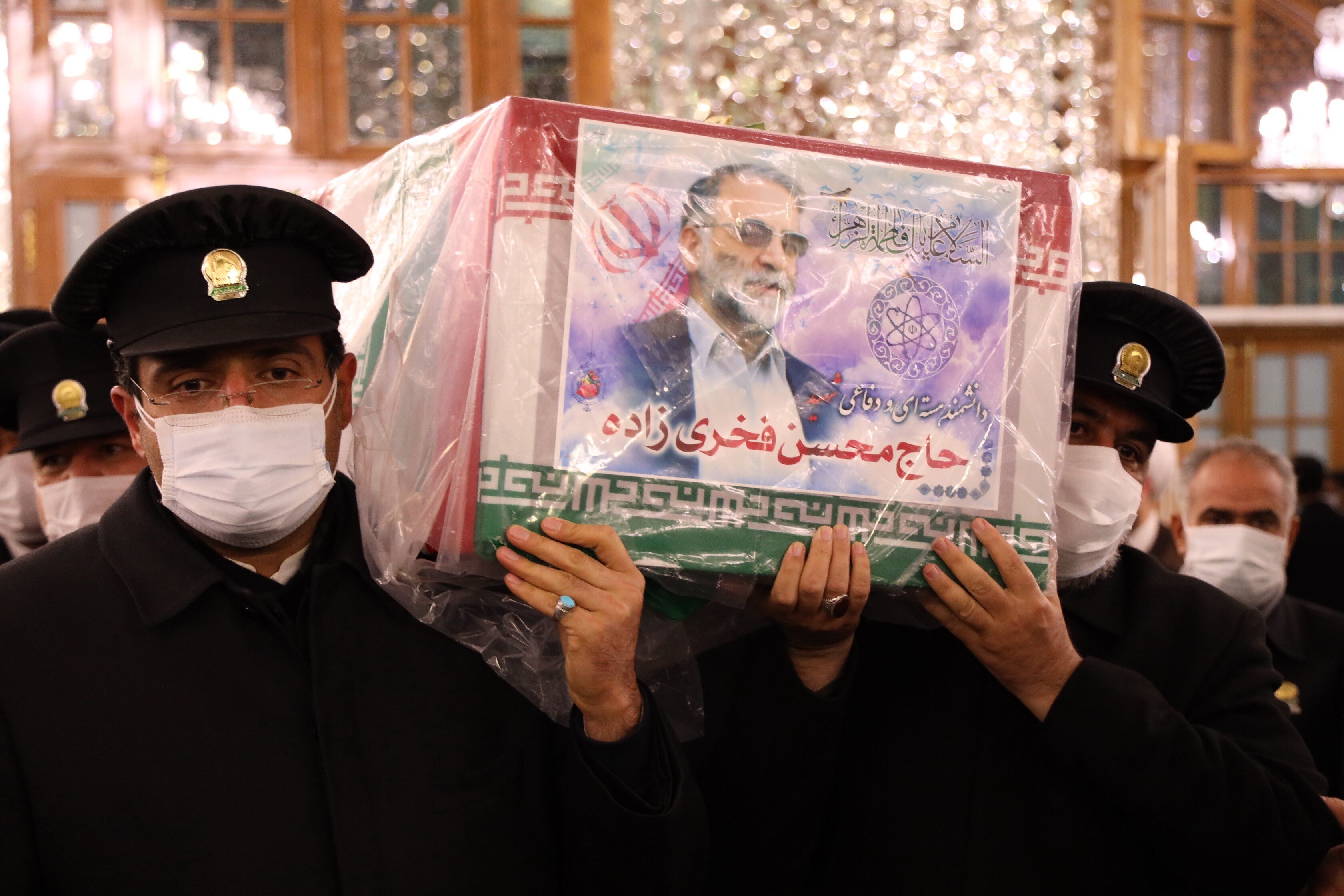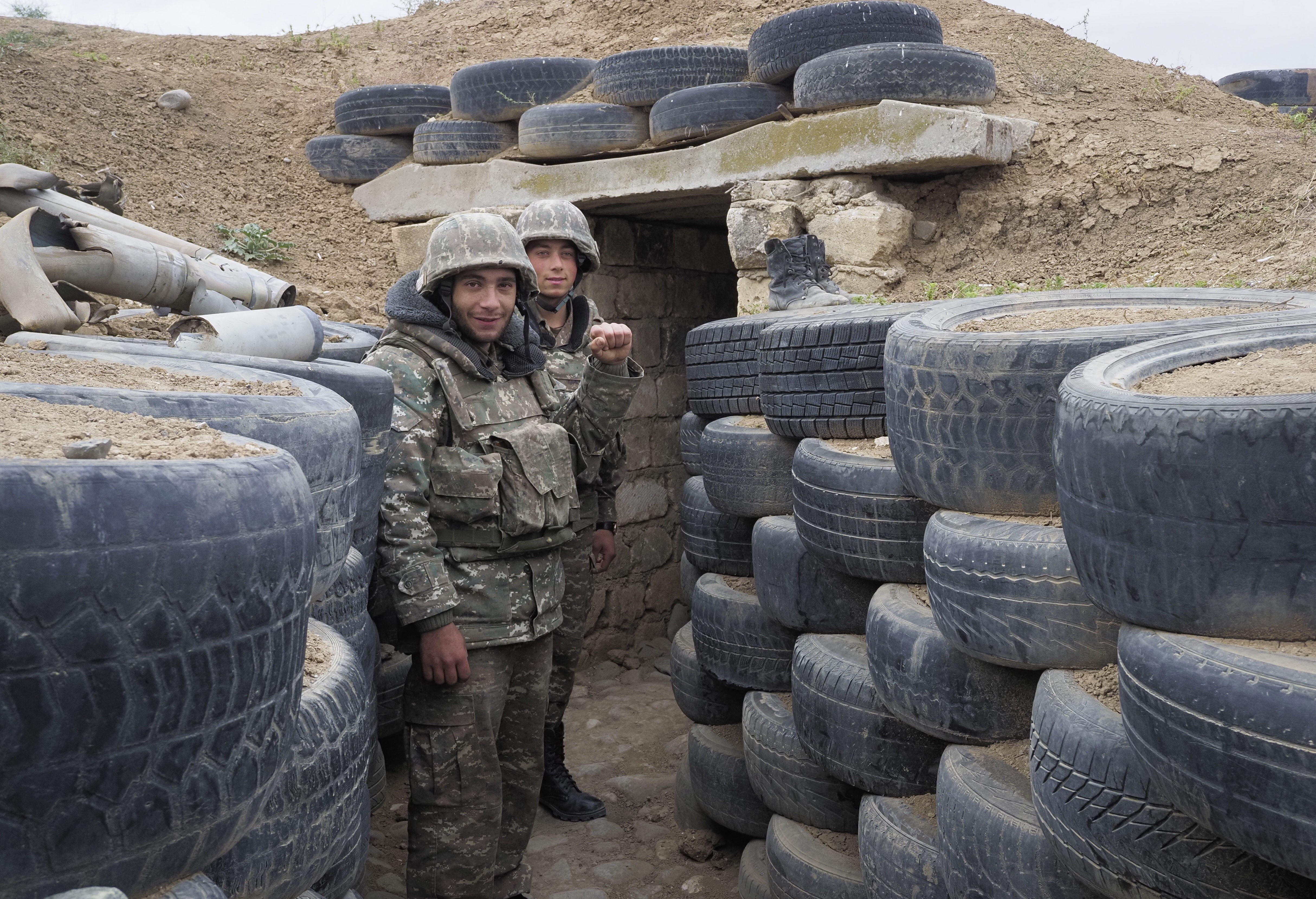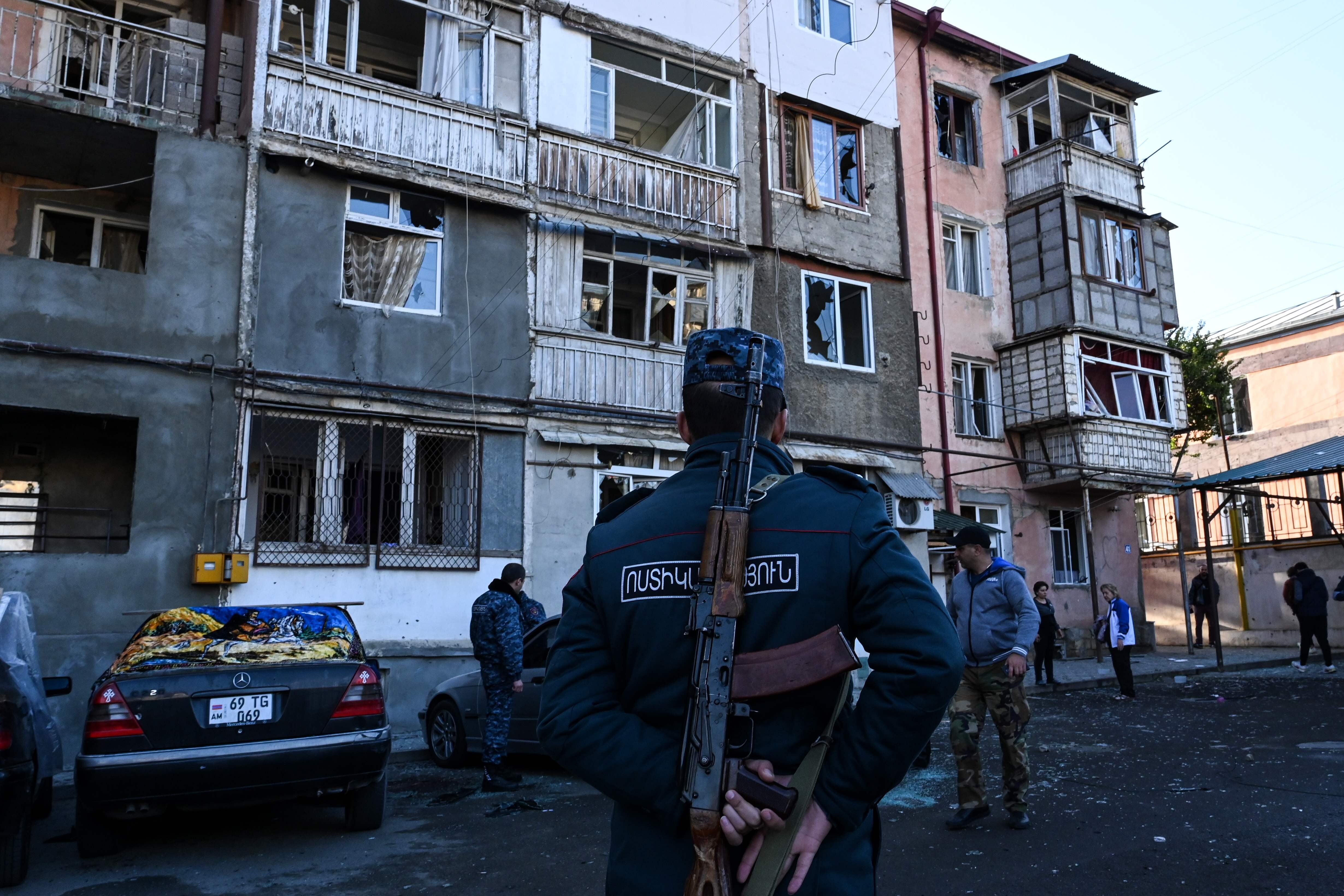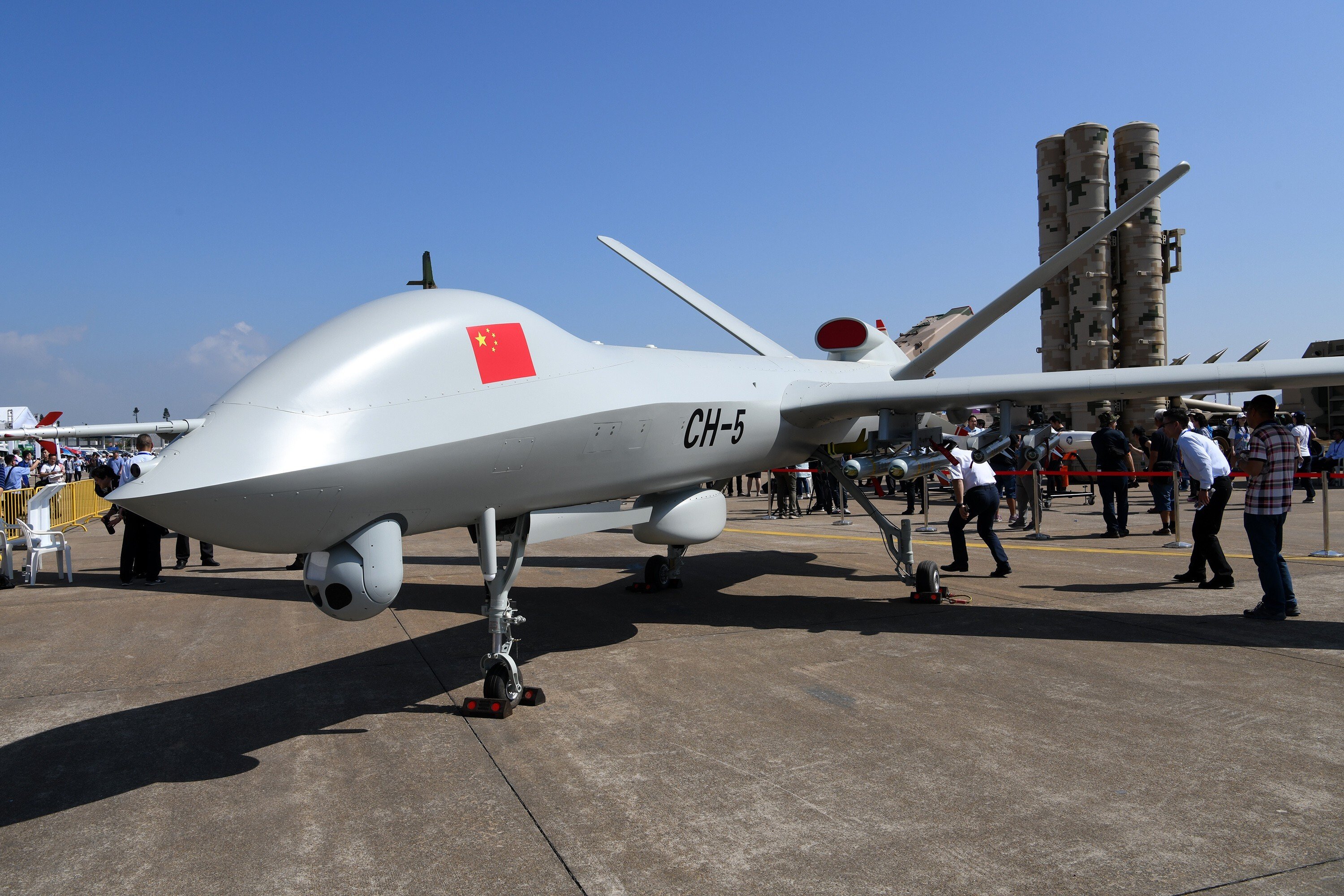
Beijing is discovering the hard way, as the West has, the perils and advantages of outsourcing security to private companies to maintain plausible deniability.
China is bound to become more reliant on private security firms as it expands its global economic and diplomatic reach – the challenge lies in avoiding the examples set by Blackwater in the US or Russia’s Wagner Group.
Escalating provocations by the Iran-backed Houthis threaten trade and energy security, and also weigh on China’s credibility as a mediator in the region and globally.
The visit by Syrian President Bashar al-Assad to Hangzhou demonstrates that China wants to play a bigger role in the Middle East despite economic challenges.
Cyber mercenaries have been expanding their footprint to take advantage of a larger market for spyware and cyber-offensive operations.
The upheaval, and uncertain future of Prigozhin as Wagner chief, could affect the actions of the Wagner mercenaries in areas with a growing footprint of Chinese mining companies.
Escalating tensions are linked to the Taliban reducing long-established water supplies to Iran through upgrading dams and building a new canal.
Beijing has for decades tried to establish international digital-governance norms and standards that align with its own values and vision of cyberspace.
Beijing’s ambition for the SCO to counter the Western-led international order is proving challenging due to violence among associates, and distrust between new member Iran and Middle Eastern powers.
Coming summit in Uzbekistan could indicate how Beijing will seek to protect economic, security interests in Central Asia as region struggles with unrest.
Live-streams and Telegram footage of the Ukraine war show Kyiv’s success in the information sphere. But it’s making the fog of war even more impenetrable and this calls for a new legal paradigm, especially as war crimes investigations gather pace.
Ukraine crisis could be a decisive factor in China-Russia relationship, but a foreign policy misstep by Beijing could further strain ties with the US.
The ex-Soviet republic’s economic crisis and Russia’s involvement in quelling deadly riots is adding to Beijing’s list of woes amid its rivalry with the US.
Not only are drones fallible, but the invulnerability of their operators increases the propensity for unchecked aggression, writes Alessandro Arduino.
Will the ‘Graveyard of Empires’ consume the dragon next?
The line that separates cyber defence from cyber mercenaries is easily blurred, and China presents a challenge for regulating private espionage.
Turkey’s flexible foreign policy when it comes to China and Russia is worrisome to the US as it seeks to rebuild alliances and reassert its global influence, writes Alessandro Arduino.
The playbook for future conflict will almost certainly include the launch of suicide drones aimed at swarming Israel’s anti-missile defence system.
The region is trying to thread the eye of the needle by balancing ‘digitisation with Chinese characteristics’ against American efforts to block the use of such systems.
The Alaska talks highlighted tensions between Washington and Beijing, but can the Middle East be a place where they reverse the trend of antagonism?
Offering protection from large swings in value, stablecoins offer extremist and criminal networks an avenue for illicit activity in a region that has widely adopted digital payments.
Tehran‘s retaliation for the killing of Mohsen Fakhrizadeh could take many forms from cyberattacks to full-blown proxy warfare. But its actions will affect future negotiations with the Biden administration.
As both Armenia and Azerbaijan double down on their brutality in the conflict, Azerbaijan’s introduction of drones has removed the limits to its aggression.
Fighting between Armenia and Azerbaijan highlights several disturbing trends, including the increased use of mercenaries and the role of social media in heightened tensions.
The emerging threat to the global hegemony of the US dollar is e-currencies, and Beijing’s huge head start could put it in control of the world’s financial structure
In both Lebanon and China, those in power knew dangerous chemicals were being stored at a port, but did nothing – resulting in a deadly explosion.
Before drones, a pandemic the scale of the Covid-19 crisis would have halted most combat operations. But unmanned aerial vehicles can now allow states to deploy attacks or carry out surveillance from afar.
Beijing’s ‘balanced vagueness’ places bets on both sides. If the Libyan government wins, the belt and road gets a boost. If the army wins, PetroChina gets one instead.
